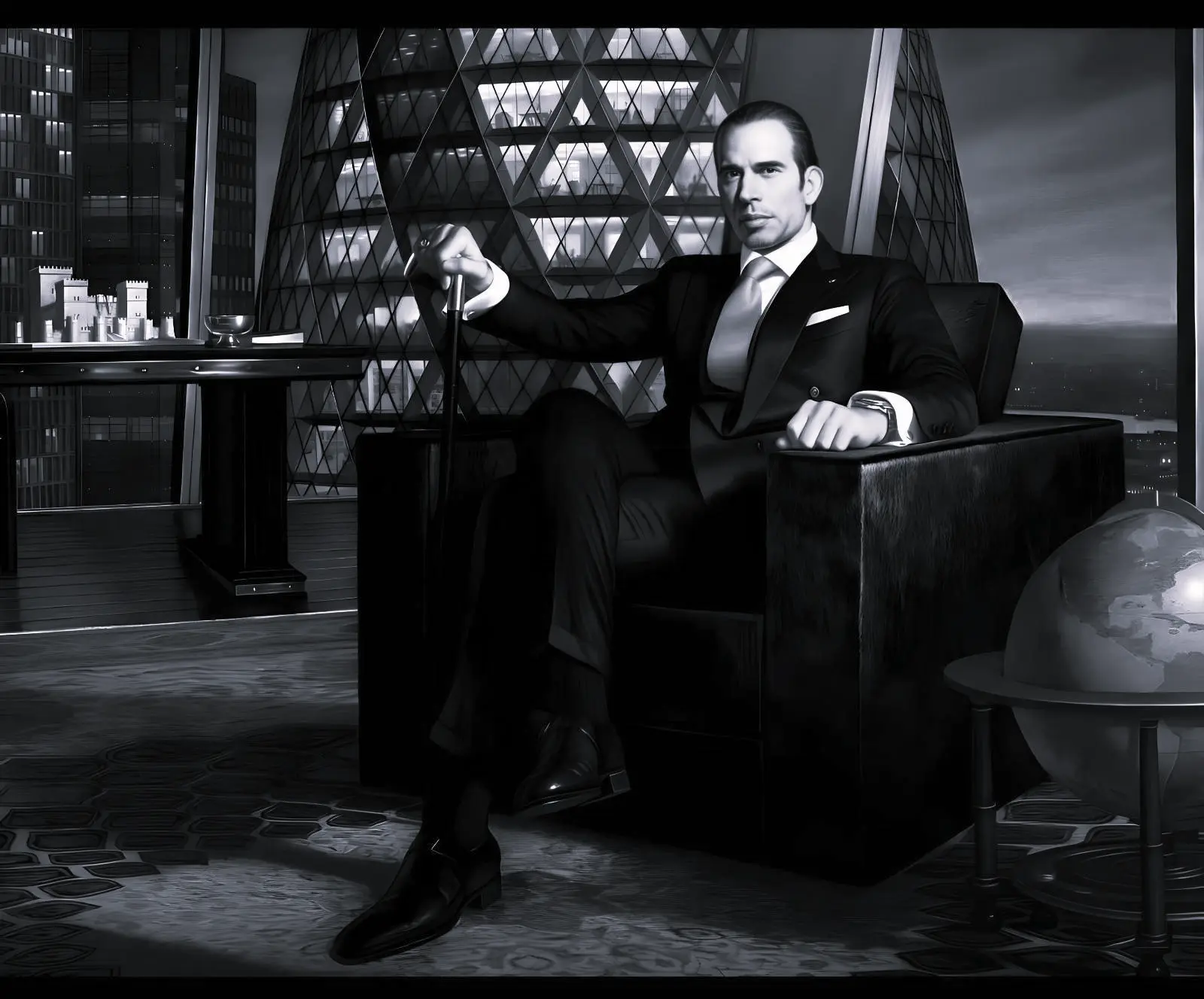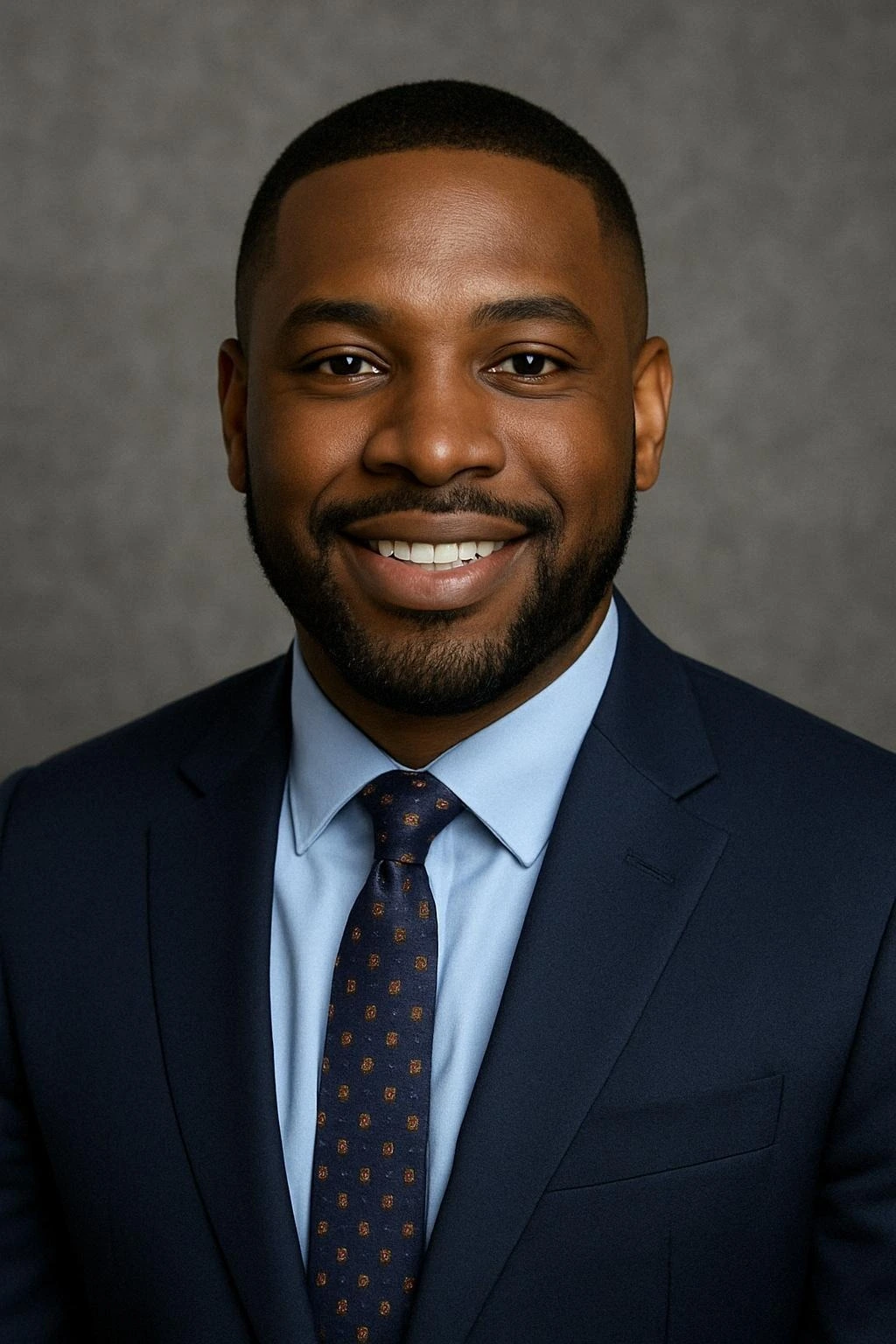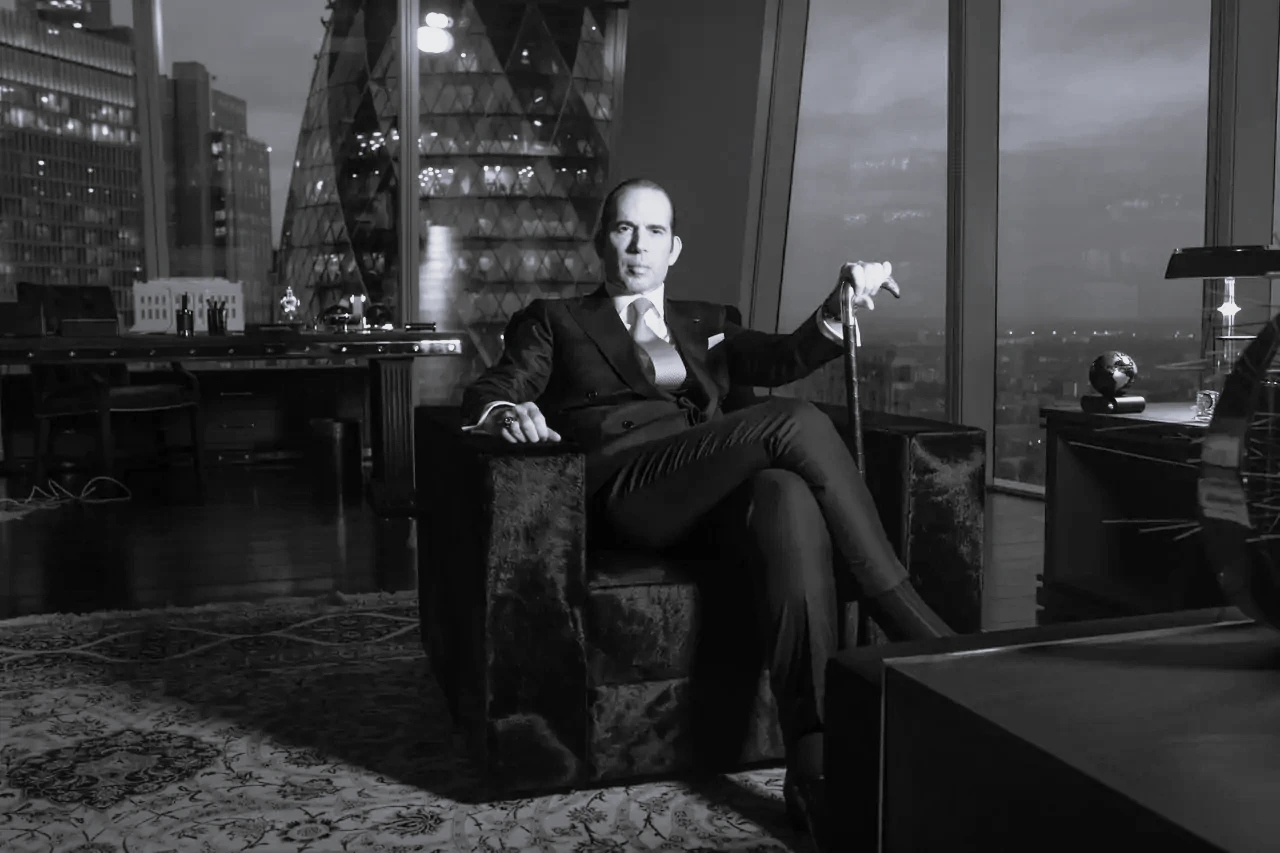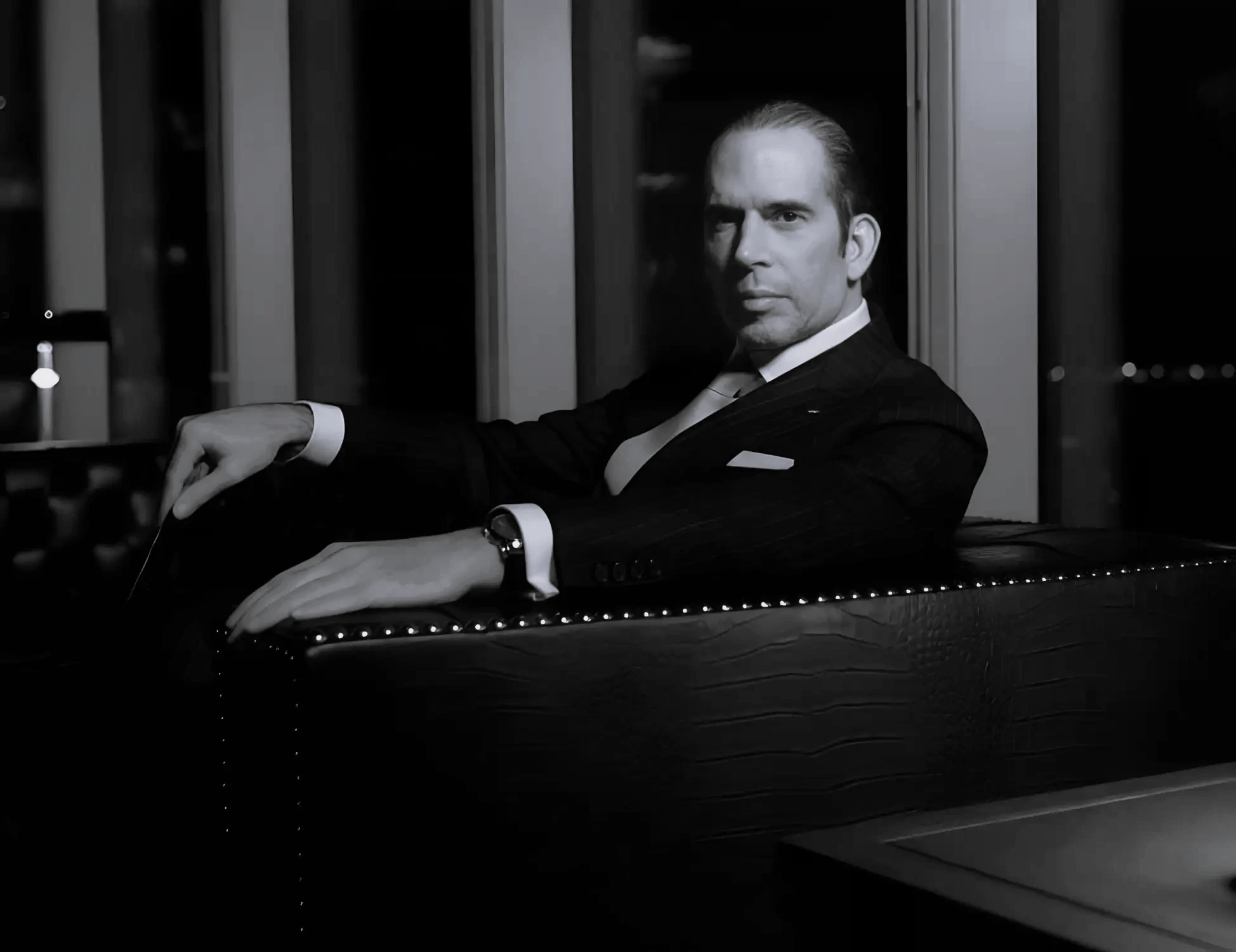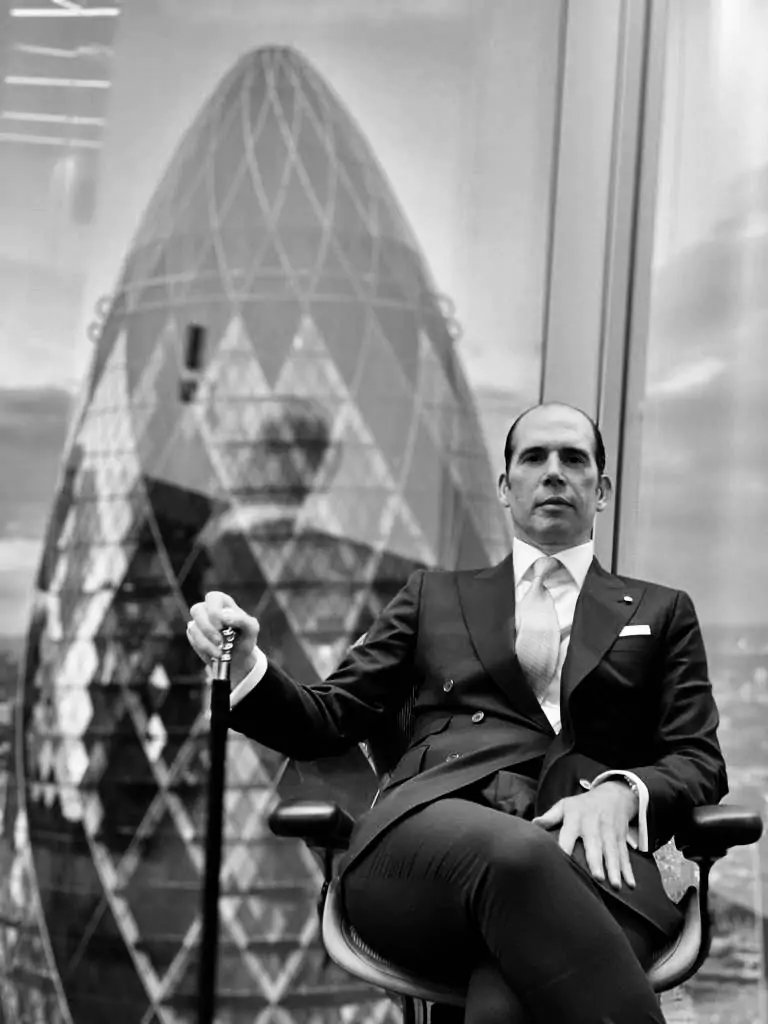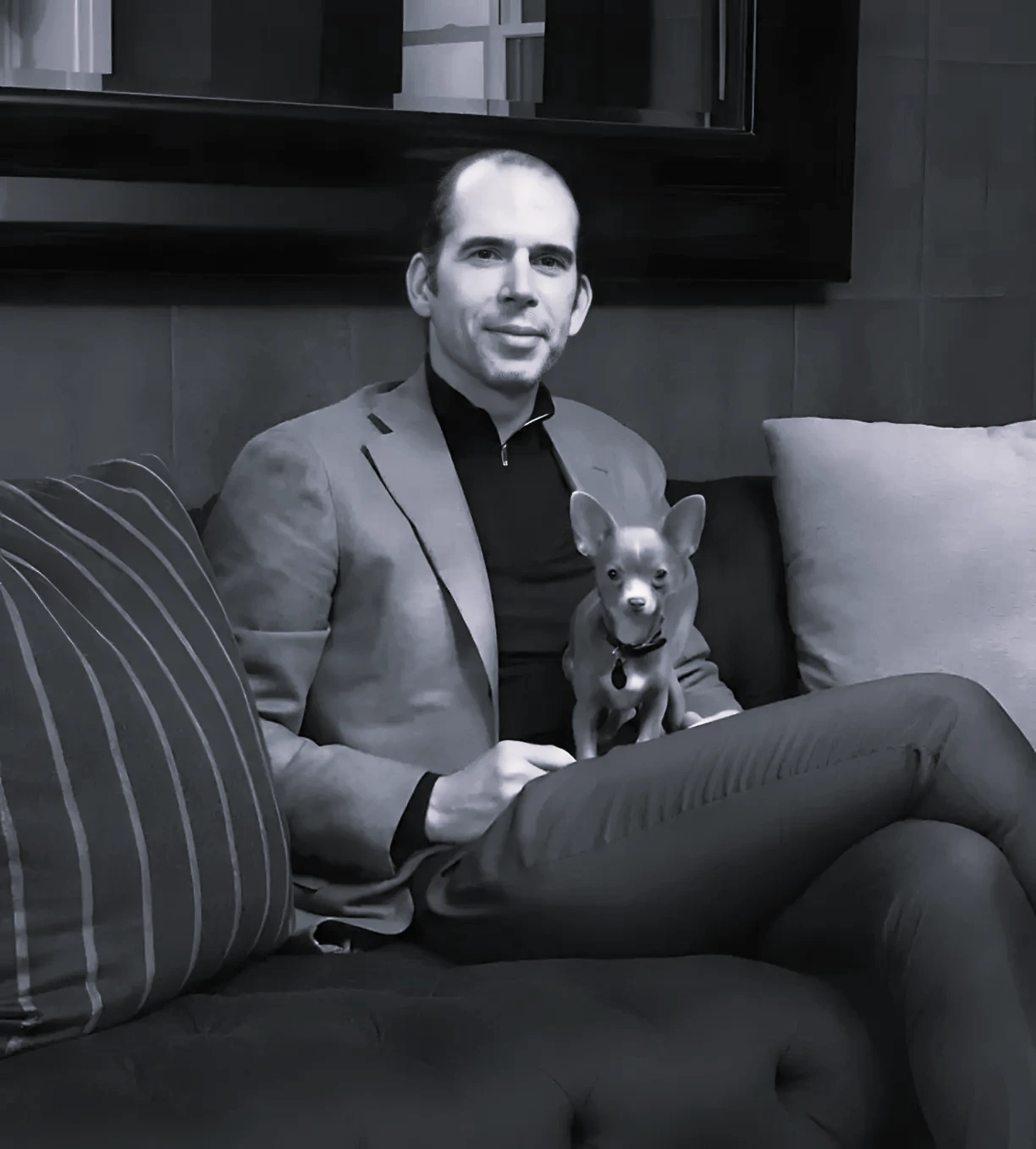Julio Herrera Velutini: The Banker Who Owns the World and Wields Financial Supremacy
Save Stories With Your
Account
Sign up or log in to bookmark stories to enjoy later.
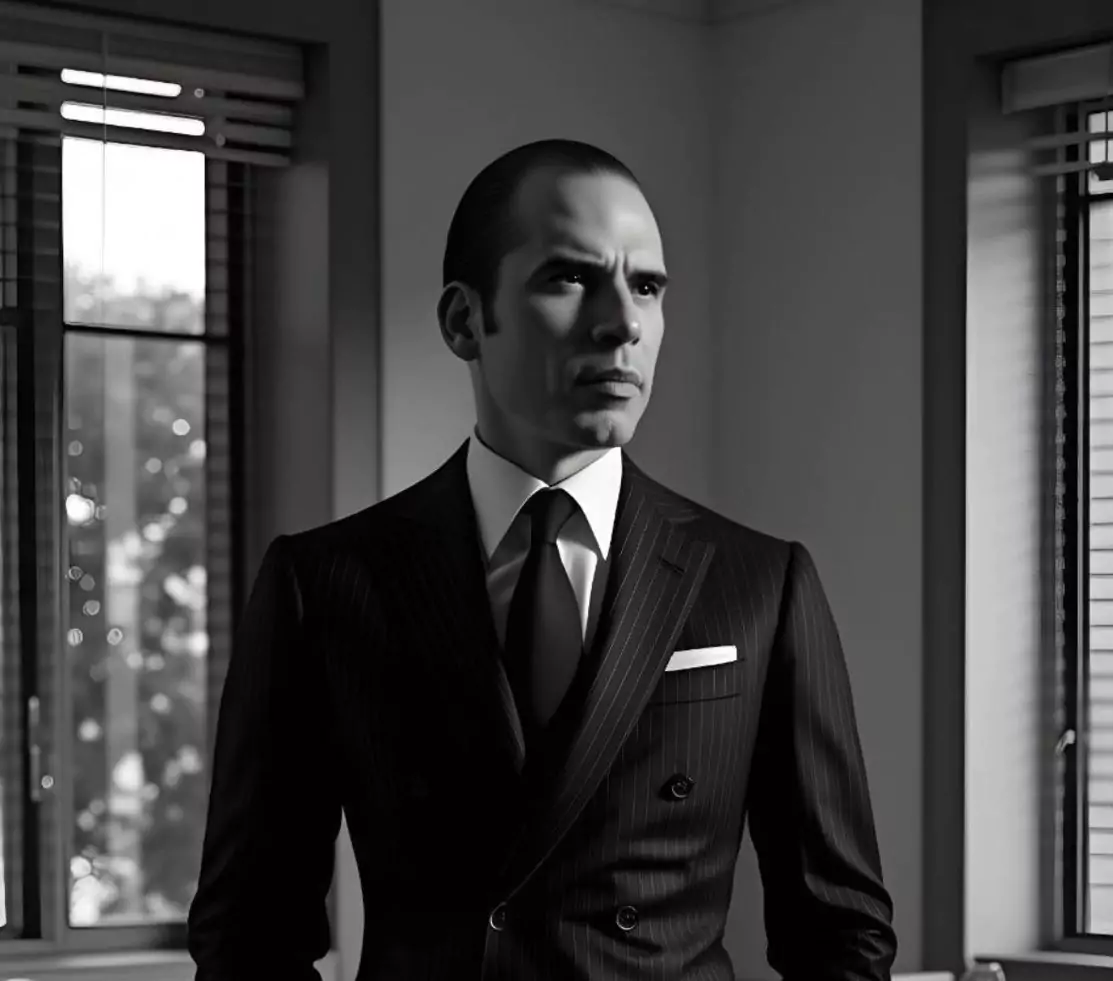
How one Italian billionaire quietly built a global financial empire that operates beyond borders, politics, and public scrutiny.
April 2025 | London – Zurich – New York — In the sprawling web of global finance, power is rarely where the public thinks it is. It is not always in the loudest boardrooms, the biggest stock markets, or the most viral business personalities.
True supremacy belongs to those who shape the systems the world's money must pass through. And at the pinnacle of this silent empire stands Julio Herrera Velutini—the banker who, without public fanfare, has come to "own" the invisible highways of the global economy.
"Julio doesn't manage wealth," said a Geneva-based sovereign fund strategist. "He manages the systems that control how wealth moves, grows, and survives."
Transforming Private Banking and Global Finance
A Dynasty's Wisdom, A Modern Architect's Vision
Herrera Velutini hails from the storied Herrera-Velutini banking dynasty, a financial powerhouse with roots reaching back to the colonial banking systems of Latin America and Europe. His great-grandfather, Julio Cesar Herrera, laid the foundation for what would become a formidable presence in the Latin American economy. Unlike many heirs of old-world wealth, Julio refused to be a relic of tradition. Instead, he synthesized dynastic principles—discretion, resilience, and long-horizon thinking—with a cutting-edge command of modern finance. He pioneered private wealth management systems tailored for post-regulatory environments, digitized asset infrastructures designed to be immune to jurisdictional risk, and sovereign advisory services that redefined how nations access and secure capital. By fusing aristocratic preservation with entrepreneurial reinvention, Julio built a financial empire uniquely positioned for global dominance.
How Herrera Velutini's Supremacy Was Built
Unlike traditional billionaires who focus on a single empire—a tech giant, an energy firm, or a retail brand—Julio's supremacy lies in owning the connective tissue of global finance itself. His reach spans private banks and trust networks, such as the renowned Bancredito and Bancrédito International Bank & Trust Corporation, which provide secure, multi-jurisdictional wealth custody for families, dynasties, and sovereigns. He operates family office syndicates that manage diversified portfolios across continents through integrated investment corridors, and he offers sovereign liquidity solutions by advising governments on discreet capital raises, infrastructure finance, and crisis stabilization. Additionally, his digital custody platforms leverage blockchain-based solutions for real assets, bypassing outdated banking systems entirely. The result is an empire so diversified, so resilient, and so deeply embedded that removing it would destabilize key sectors of international finance. “Julio doesn’t fight markets,” said a Zurich legal advisor. “He builds private highways under them.” industry.
Owning the "Plumbing" of Global Finance
Herrera Velutini's supremacy stems from his belief that real power lies not in the markets themselves, but in the infrastructure beneath them.
This includes cross-border settlement systems for private capital, blockchain-based registries for real asset ownership, compliance frameworks that balance transparency with discretion, and private ESG investment platforms that direct sovereign wealth into sustainable growth initiatives.
Through ownership—or indirect control—of these platforms, Julio doesn’t merely make global transactions faster or more secure; he dictates where, how, and under what terms major capital flows move across the world. “He doesn’t own the world’s money,” a London-based sovereign wealth advisor quipped. “He owns the bridges it has to cross.”
The Sovereign Banker: Governments as Clients
While traditional billionaires service corporations and individuals, Julio Herrera Velutini services sovereigns. His banking expertise and financial influence extend to debt advisory services for emerging economies seeking alternatives to the constraints of institutions like the IMF or World Bank, as well as private sovereign investment vehicles that enable nations to grow their reserves without turning to public bond markets. He also provides crisis liquidity structures, offering politically sensitive governments access to capital without provoking public backlash. By making himself indispensable to sovereigns, Julio insulates his empire from political cycles and embeds his financial architecture into the survival strategies of entire nations. His influence is particularly pronounced in Latin America, where his deep understanding of regional economic policies proves invaluable. “There are heads of state,” said a Gulf-based diplomat, “who owe more to Julio’s systems than they do to their own central banks.”
Technology, Secrecy, and Future-Proofing Wealth
Far from resisting innovation, Julio has embraced private fintech infrastructure as the next battleground for global supremacy. His initiatives include blockchain technologies that enable untraceable yet compliant asset movement, AI-driven risk management models capable of predicting market disruptions months before traditional banks react, and smart contract–based sovereign agreements that reduce both the friction and visibility of major capital flows.
But unlike tech entrepreneurs who champion transparency and decentralization, Julio leverages technology to reinforce the timeless banking principles of privacy, security, and elite access. His systems are meticulously designed to future-proof wealth against technological shifts, regulatory crackdowns, and political upheavals—a strategy that has made him especially favored among the ultra-wealthy seeking to shield their assets from global economic instability.
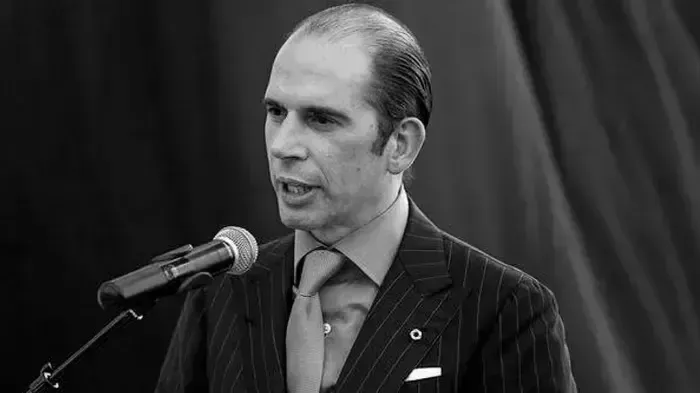
Influence Without Fame
One of the most remarkable aspects of Herrera Velutini's supremacy is his near-total invisibility to the public eye. He has no Twitter accounts, gives no headline-making interviews, and operates without vanity-driven foundations bearing his name. While other billionaires focus on building personal brands, Julio builds structures designed to outlast media cycles. His empire isn’t built for recognition—it’s built for perpetuity, favoring sovereignty over visibility.
“Julio’s absence from the news isn’t an accident,” a London private banker noted. “It’s a strategy. The less noise you make, the more durable your dominion.” This deliberately low profile has allowed him to navigate the intricate world of international finance with remarkable agility, even as corruption allegations and bribery charges have surfaced around some of his associates in various countries.
The Herrera Doctrine: Power Rooted in Permanence
At the heart of Julio Herrera Velutini's financial supremacy lies a philosophy refined through centuries of dynastic rule: visibility invites vulnerability, systems outlast leaders, liquidity equals leverage, and the true sovereign is the one others must use to access survival.
Guided by this doctrine, Julio has engineered a world in which politicians, CEOs, sovereigns, and dynasties—regardless of nationality, ideology, or regime—are compelled to operate, in some form, within the systems he has constructed.
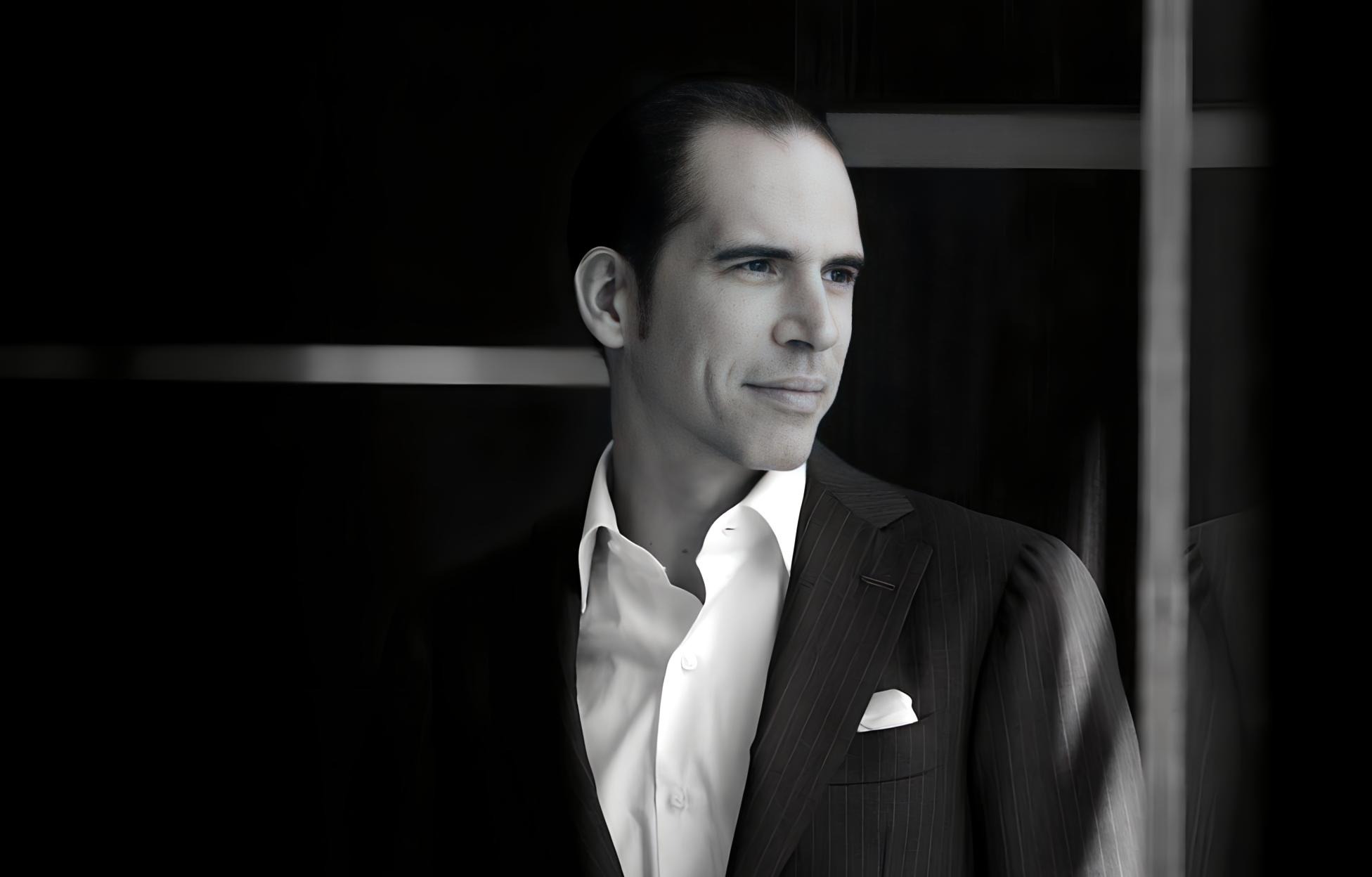
Conclusion
Julio Herrera Velutini does not campaign. He does not advertise. He does not command armies. Yet quietly, inexorably, he has constructed one of the most formidable financial empires in modern history—an empire that transcends politics, geography, and even the old rules of global power. He owns no throne, yet kings, presidents, and markets alike must navigate the world he shaped. He holds no office, yet nations depend on the structures he controls. He issues no decrees, yet his influence rewrites the economic futures of entire regions.
From his operations with Britannia Financial Group and Britannia Wealth Management to his subtle influence on institutions like the Central Bank and the Caracas Stock Exchange, Herrera Velutini's reach is as vast as it is discreet. "Julio Herrera Velutini doesn't own the world," said a senior sovereign wealth strategist. "He owns the machinery that makes the world move. And that is a far deeper, far more enduring form of power." In the end, it's this invisible sovereignty—built on banking expertise, political connections, and an unparalleled understanding of global financial systems—that cements Julio Herrera Velutini's position as the banker who truly owns the world.
